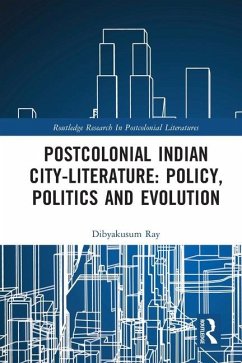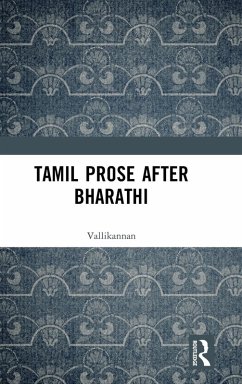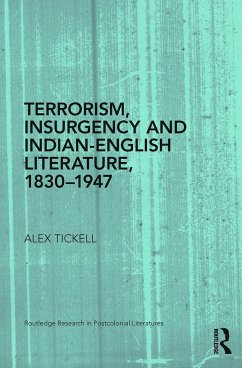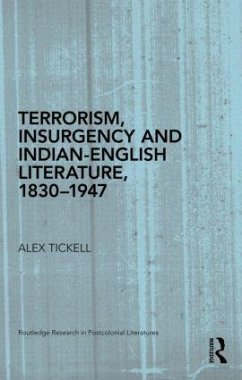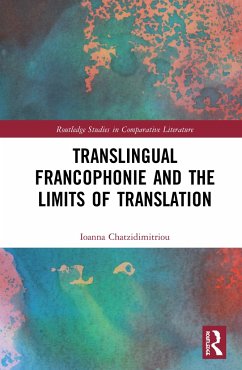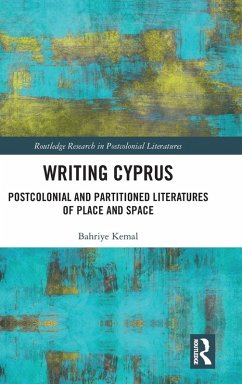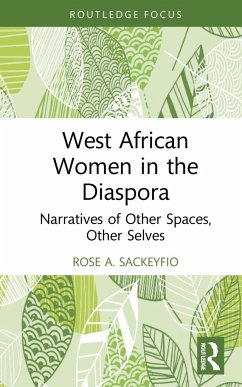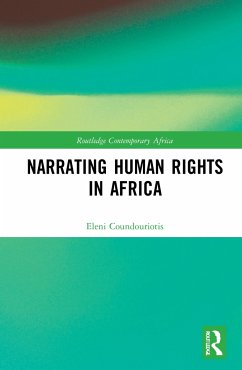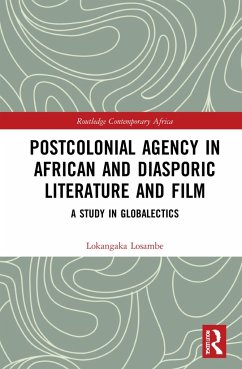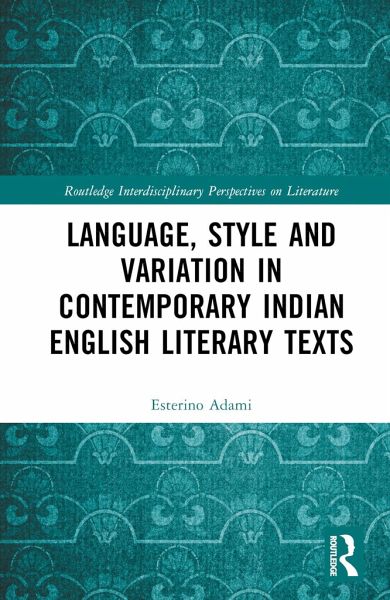
Language, Style and Variation in Contemporary Indian English Literary Texts
Versandkostenfrei!
Versandfertig in 1-2 Wochen
169,99 €
inkl. MwSt.
Weitere Ausgaben:

PAYBACK Punkte
85 °P sammeln!
Language, Style and Variation in Contemporary Indian English Literary Texts is a volume which examines the linguistic and stylistic forms of Indian English in new fictional texts to explore the power of language to construct meaning, express identity, and convey ideology. Specifically, this study proposes the elaboration and application of postcolonial stylistics, i.e. an interdisciplinary methodology that uses different disciplines, such as literary linguistics and postcolonial studies as a critical lens to read contemporary Indian authors like Jeet Thayil, Deepa Anappara, Avni Doshi, Tabish ...
Language, Style and Variation in Contemporary Indian English Literary Texts is a volume which examines the linguistic and stylistic forms of Indian English in new fictional texts to explore the power of language to construct meaning, express identity, and convey ideology. Specifically, this study proposes the elaboration and application of postcolonial stylistics, i.e. an interdisciplinary methodology that uses different disciplines, such as literary linguistics and postcolonial studies as a critical lens to read contemporary Indian authors like Jeet Thayil, Deepa Anappara, Avni Doshi, Tabish Khair, and Megha Majumdar. The linguistic fabric of their fiction is investigated in a series of case studies, observing the stylistic rendition of a wide range of themes and tropes, such as the representation of Otherness, drug discourse, lament and the senses, which cumulatively portray aspects of the current Indian narrative scenario. The book develops ideas growing out of several disciplines to reach a fuller understanding of cultural phenomena in the postcolonial context, and by extension in the social world.




